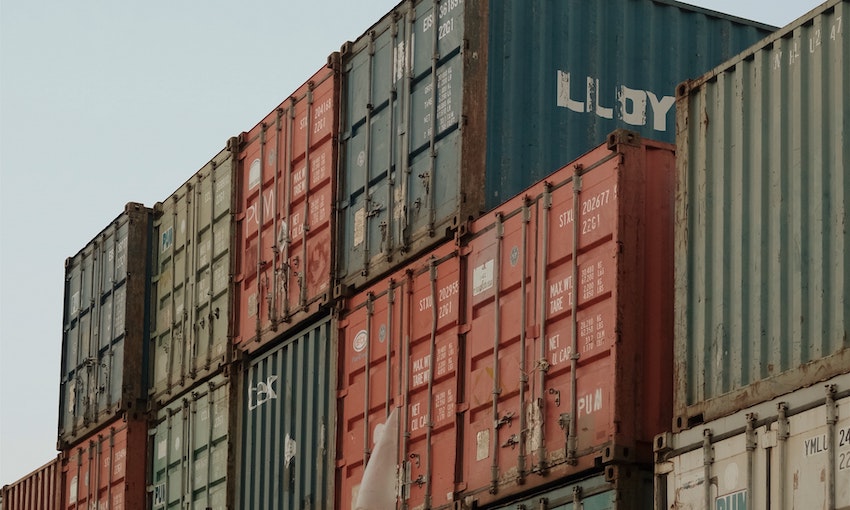THE PRODUCTIVITY Commission on Monday (9 January) released its inquiry report into Australia’s maritime logistics system.
The report, Lifting productivity at Australia’s container ports: between water, wharf and warehouse, examines long-term trends in system performance, competition, industrial relations, infrastructure constraints and technology constraints in the maritime logistics system.
The 501-page publication is the finalised version of the draft report released in September last year.
Key points of the inquiry appear to largely reflect those of the draft report, which triggered some strong responses from industry at the time of its release.
The final report maintains that higher productivity at Australia’s container ports is achievable and would deliver significant benefits.
It suggests inefficiencies at Australia’s major container ports directly cost the Australian economy about $600 million each year.
And, it says ports also have large indirect impacts on Australian businesses and consumers, so that any sustained disruptions to imports or exports magnify these costs across the economy.
“Australia’s major container ports rank poorly in work that just looks at ship turnaround times,” the Productivity Commission said in an outline of its report.
“But the international ports with the fastest turnaround times have considerably more capital than they need to efficiently handle current throughput.
“Use of more capital in Australia would reduce ship turnaround times but raise costs; the outcome would not necessarily be efficient. Faster turnaround times are good, but not at any cost.”
The inquiry report also reflects a point highlighted in the draft: that infrastructure needs in the maritime logistics system are being addressed.
It says container port operators are investing to accommodate bigger ships, and there is no need for government intervention to encourage the use of bigger ships.
“Plans are in place to increase the share of freight moving to and from most major container ports by rail over the coming decades,” the Productivity Commission said.
“All state governments have freight and transport strategies that cover future port infrastructure needs. Evidence does not suggest that more plans are required or existing plans will not be implemented.”
The report also found the adoption of technology at Australia’s container ports is broadly in line with international practice.
And, it stands by its claims that workplace arrangements lower productivity, and incremental changes to the Fair Work Act are needed.
“Disruptions during recent enterprise bargaining imposed large costs on businesses dependent on maritime freight,” the Productivity Commission said.
“The government has amended the Fair Work Act to seek to limit intractable bargaining, but more effective remedies are needed to reduce industrial action that harms consumers, importers and exporters.
“Limits should be placed on clauses in container terminal operators’ enterprise agreements that are highly restrictive and constrain the ways that workers and equipment can be deployed.”
The final report also echoes a point made in the draft report, that lack of competition in some parts of the maritime logistics system means consumers are paying too much.
“Transport operators have no choice about which terminal they use when picking up or dropping off a container, so must pay whatever price a terminal operator sets,” the Productivity Commission wrote in its outline.
“Recent rapid increases in terminal access charges (TACs) have flowed through to cargo owners (and consumers). Voluntary protocols to address terminal operators’ abuse of market power should be strengthened.
“Transport operators and cargo owners are paying fees to shipping lines for the late return of containers even where the delay is because empty container parks are full.
“The exemption for shipping contracts, which means that these fees fall outside the scope of the Australian consumer law, should be removed.”
The final key point the Productivity Commission highlighted is that “concerns about domestic shipping capacity and training can be met through modest measures”.
It said the resilience of Australia’s maritime supply chain could be improved by reforms to coastal shipping and repealing Part X of the Competition and Consumer Act.
“Australian‑flagged vessels are not a prerequisite to meeting maritime skill requirements,” the Productivity Commission said.
“If skills shortages were to occur, these are best addressed by cadetships and skilled migration.”
Earlier in 2022, the Productivity Commission invited industry to submit comments to the inquiry, receiving 79 submissions before the launch of the draft report.
It called for further information and feedback between the launch of the draft and the final inquiry. The cut-off date for feedback was 14 October last year.

